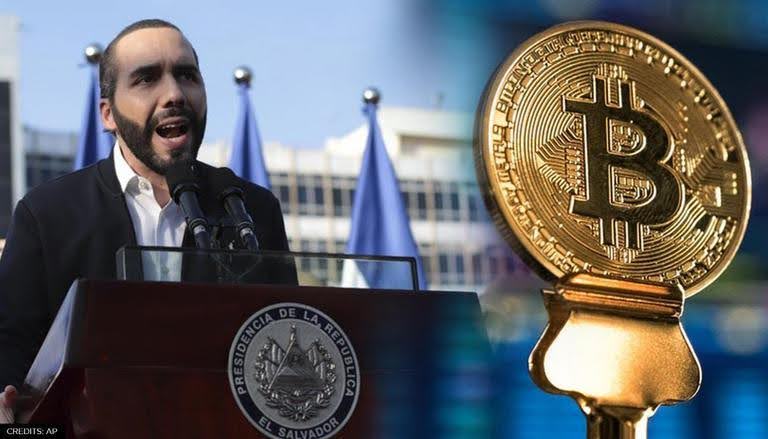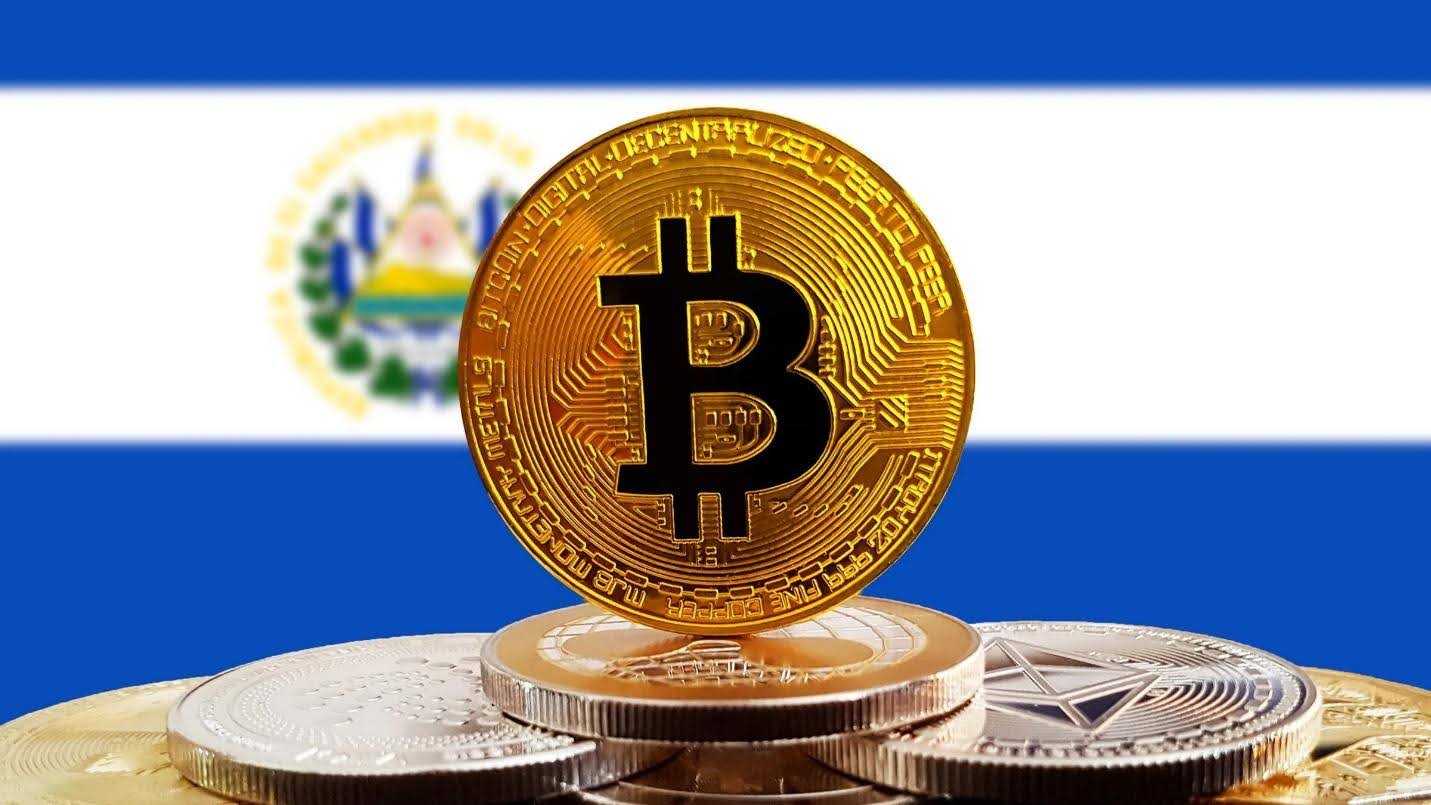El Salvador Halts Public Bitcoin Purchases To Meet IMF Loan Terms While Private Accumulation Continues

Key Takeaways:
- El Salvador suspends public sector Bitcoin purchases to comply with IMF $1.4 billion loan conditions.
- President Nayib Bukele continues Bitcoin accumulation through alternative non-public funding channels.
- El Salvador keeps its Bitcoin plan and works for more general economic changes even under IMF pressure.
The first government to make Bitcoin legal currency, El Salvador has stopped public sector Bitcoin buys per its IMF deal. However, the country’s Bitcoin strategy is far from abandoned, as private acquisitions continue under new mechanisms.
Read More: El Salvador’s Crypto Reality Check: 89% of Registered Bitcoin Firms No Longer Active

El Salvador’s adherence to IMF loan requirements
El Salvador has stopped buying Bitcoin with public sector funding, the International Monetary Fund has verified. Rodrigo Valdes, director of the IMF’s Western Hemisphere Department, said during a press conference that El Salvador stays completely in line with its loan terms.
The IMF ordered El Salvador to halt public Bitcoin accumulation by government agencies as part of a $1.4 billion Extended Fund Facility. Valdes emphasized that El Salvador is not only respecting the Bitcoin-related terms but is also progressing in fiscal transparency, structural reforms, and governance improvements.
“The general fiscal sector keeps meeting its performance criteria by continuing to follow their non-accumulation of Bitcoin commitment,” Valdes stated.
The IMF’s recognition allays past worries that El Salvador would be evading its responsibilities. Given the larger goals of the IMF program, which goes beyond bitcoin to deep-seated structural reforms meant to increase private investment and support economic development, this action is noteworthy.
Read More: IMF Integrates Cryptocurrencies into Global Economic Data Reporting
El Salvador’s 6,158 BTC of Bitcoin, now worth over $583 million at current market values, have greatly appreciated since first acquisitions.
Alternative Strategies for Bitcoin Accumulation
Although Bitcoin purchases with public funds have ceased, El Salvador’s overall Bitcoin acquisition strategy remains active. President Nayib Bukele has shifted the approach by utilizing non-public sector funding sources.
Data from El Salvador’s National Bitcoin Office reveals that the country continues to buy one Bitcoin per day. However, the funding channels behind these daily purchases have not been officially disclosed. This opacity has fueled speculation about the sources backing the continued accumulation.
One prevailing theory is that El Salvador is using profits from its Strategic Bitcoin Reserve to finance these daily acquisitions. With an average acquisition price estimated around $44,000, the reserve could be generating substantial gains, especially with Bitcoin prices nearing $100,000.
Strategic Bitcoin Reserve and International Interest
El Salvador’s original Strategic Bitcoin Reserve idea is drawing worldwide interest. Particularly in light of support from Bitcoin strategist Samson Mow, countries like Japan have been mentioned as possible adopters of comparable schemes.

El Salvador avoids IMF limits and keeps benefiting from Bitcoin’s possible upside by using non-governmental finance sources. The government of President Bukele presents this plan as necessary to promote financial inclusion, lower dollar reliance, and orient the country for long-term economic advantages.
IMF’s Focus Beyond Bitcoin
While Bitcoin often dominates headlines concerning El Salvador, the IMF stresses that the country’s economic program is about much more. According to Valdes, the loan agreement emphasizes a broader spectrum of reforms beyond cryptocurrency policy.
The 40-month program not only requires halting public Bitcoin purchases but also mandates comprehensive fiscal adjustments, improvements in governance, and enhancements to fiscal transparency. These reforms are expected to catalyze stronger private investment flows and more robust economic growth.
“The program of El Salvador is not about Bitcoin. It’s far deeper in structural improvements, in terms of governance, in terms of transparency,” Valdes explained.
The IMF also underlined the expected economic benefits of the country’s better security condition by improving the investment environment and allowing more sustainable development.
Public Opinion and Future Outlook
The government’s Bitcoin plan still divides public opinion in El Salvador. While some view the action as a bold play putting the nation at the forefront of digital finance, many people are concerned about the volatility connected with Bitcoin investments.
All eyes will be on how El Salvador keeps negotiating its dual commitment: following international financial norms while advancing its ambitious Bitcoin-centered agenda as the IMF gets ready for its first assessment of the country’s loan program.
Though the IMF agreement limits public sector participation in Bitcoin purchases, President Bukele’s inventive wriggling indicates El Salvador will not readily give up its cryptocurrency goals. How this balancing act will affect the nation’s financial future remains one of the most closely watched developments in the global crypto landscape.
The post El Salvador Halts Public Bitcoin Purchases To Meet IMF Loan Terms While Private Accumulation Continues appeared first on CryptoNinjas.
